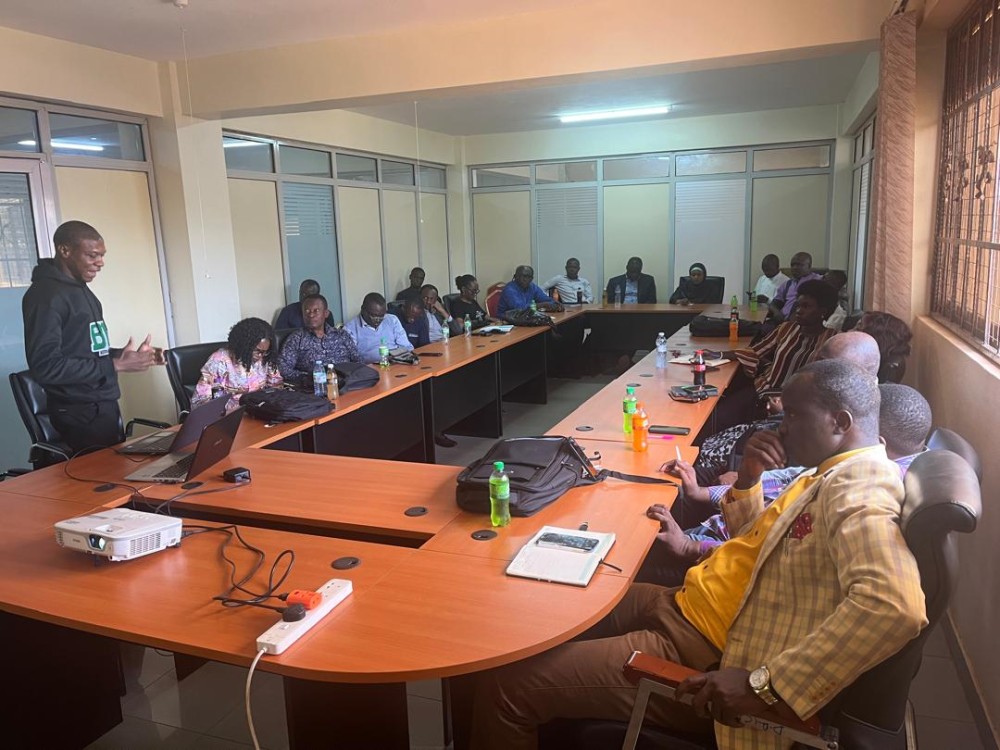
May
KIU Hosts Workshop to Enhance Research Writing and Publishing Skills
May 17, 2024, 5:08 pm
| Title: | Factors Influencing Self-Medication Practice among Undergraduate Medical Students of Kampala International University-Western Campus |
| Author(s): | Akora Jobreg |
| Year | 2024 |
| Publisher: | EURASIAN EXPERIMENT JOURNAL OF SCIENTIFIC AND APPLIED RESEARCH |
| URI: | https://publications.kiu.ac.ug/publication-page.php?i=factors-influencing-self-medication-practice-among-undergraduate-medical-students-of-kampala-international-university-western-campus |
| File: | |
| Keywords: |
This study investigated factors influencing self-medication among medical students at Kampala International
University-Western Campus, focusing on factors such as quality of health services, commonly used medicines, and
education level. The cross-sectional study design allowed for a combination of quantitative and qualitative
approaches to interpret data. The study population consisted of medical students aged 18-30, enrolled in any
medical course at KIU-WC, and of any gender. The sample size was determined using Fisher's formula, with a
minimum of 220 students. Data collection involved random sampling, and the study utilized questionnaires with
both structured and unstructured questions. The study found that 80.0% of participants self-medicate. Painkillers
(52%), anti-malarials (31%), and antibiotics (12%) are the most commonly used drugs for self-medication. Most
people (85.5%) get their drugs from drug shops, as they do not require prescriptions from doctors. The majority
(80.0%) prefer easy access to drugs and cheap sources, which may be a factor in self-medication practices. The
study also found that 97.3% of participants were within a 5-kilometer radius of KIUTH, and 79.1% self-medicate.
The majority (10%) had to reach KIUTH by vehicle due to the numerous and easily accessible sources of selfmedicated
drugs. However, 18.2% of participants concluded that the quality of services offered within KIUTH
facilities was poor, which could account for the decision to self-medicate rather than seek help from health
professionals. Higher education level was found to be more likely to self-medicate, as students in higher classes
were more likely to self-medicate. This could be due to increased knowledge and experience about medicines and
drugs, or greater financial stability, enabling them to travel and seek care at private and government health
facilities.

Kampala International University,
Box 20000, Ggaba Road, Kansanga, Kampala